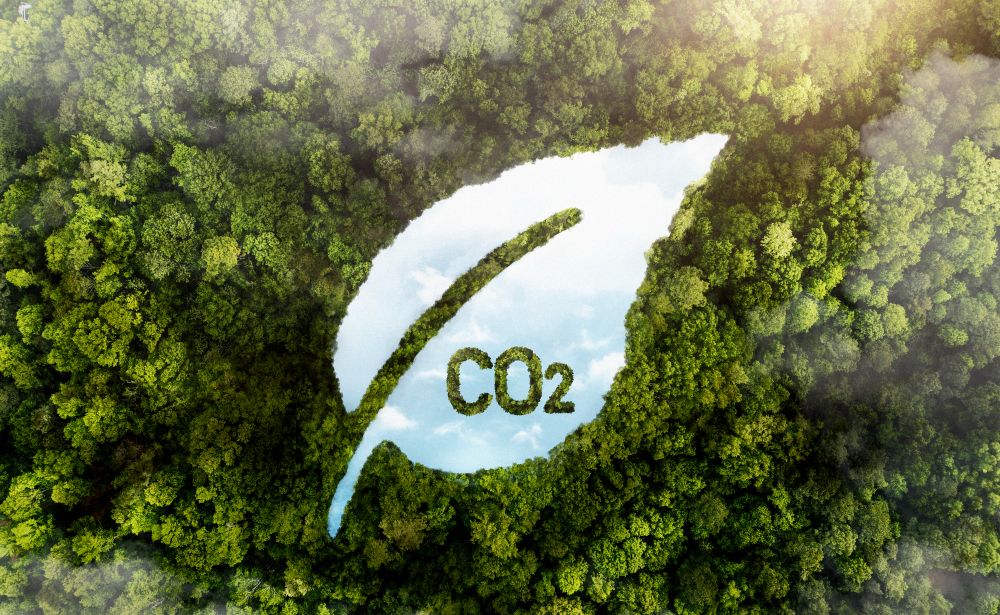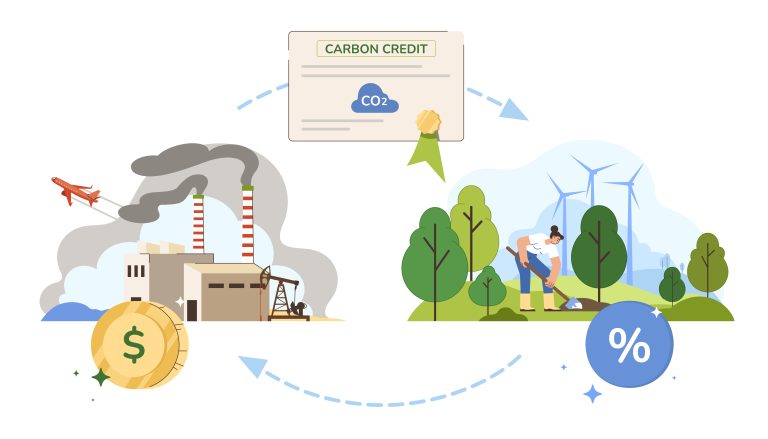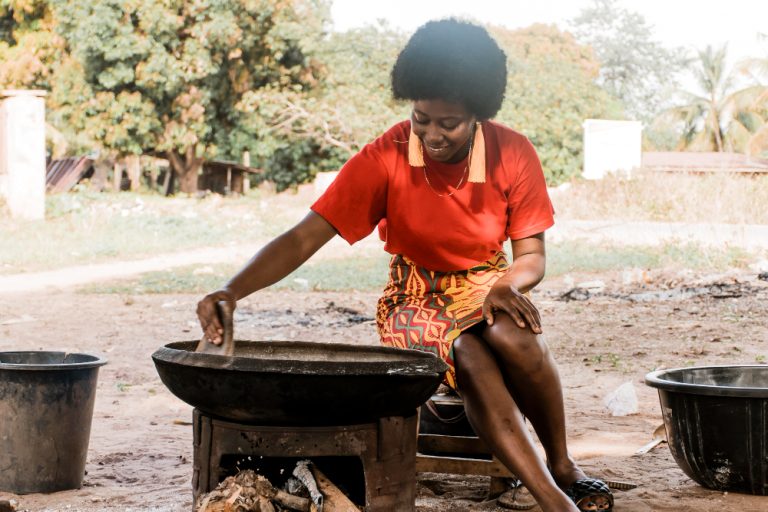Energy access is more than a technical issue — it is a cornerstone of human development. In many African households, cooking fuel defines how time is spent, how income is distributed, and who bears the physical and social cost of energy poverty.
The global shift to clean cooking fuels, particularly Liquefied Petroleum Gas (LPG), offers measurable socioeconomic benefits that extend far beyond the kitchen — especially for women and low-income families.
The Economics of Access
Globally, around 2.3 billion people still rely on traditional biomass for cooking, according to the International Energy Agency (IEA, 2023). In Nigeria, this includes over 70 percent of households, the majority of which fall within low-income brackets.
Reliance on firewood and charcoal imposes hidden economic costs:
- Time poverty: Women and girls spend an average of 3–5 hours daily collecting firewood (Clean Cooking Alliance, 2022).
- Health expenditure: The World Bank (2020) estimates that air pollution-related illnesses cost Nigeria over USD 1.4 billion annually in healthcare and lost productivity.
- Inefficient energy markets: Inconsistent pricing and supply of traditional fuels erode household savings and national productivity.
By contrast, cleaner fuels like LPG or biofuels reduce household time burdens, lower long-term energy costs, and unlock labour hours for education and income-generating activities.
Energy poverty is deeply gendered. Women bear the brunt of smoke exposure, time poverty, and limited access to economic opportunities caused by inefficient cooking systems.
A 2019 UNDP and ENERGIA study found that women-led households using clean energy sources experience:
- 41 percent higher income levels, on average.
- Greater participation in community leadership and microenterprise.
- Improved education outcomes for children, linked to time saved from fuel collection.
Clean cooking, therefore, serves as a gender equality intervention — not merely an environmental upgrade.
FuelTree’s Approach
FuelTree’s Virtual Cylinder Recirculation Model (vCRM) directly addresses the affordability and access gap that limits clean fuel use among women and vulnerable communities.
Through its digital subscription system, households can:
- Access LPG without buying or owning a physical cylinder.
- Pay flexibly via mobile money or integrated digital wallets.
- Join verified vendor networks that deliver directly to communities.
This structure creates inclusive market participation — from female vendors to rural cooperatives — while linking each refill to verifiable carbon data that attracts reinvestment into expansion.
The African Development Bank (AfDB, 2022) highlights that universal clean cooking access could add up to USD 66 billion annually to Africa’s economy through improved productivity and reduced healthcare costs.
Small vendors and entrepreneurs — particularly women — can thrive in a structured, technology-enabled LPG market that offers stable income, digital training, and carbon-linked incentives.
This is where innovation models like FuelTree’s vCRM become transformative: by combining energy, finance, and technology, they create localised growth ecosystems that advance both gender and climate goals.
Clean cooking is not charity — it is smart economics. By addressing energy poverty through inclusion and affordability, countries like Nigeria can accelerate progress towards multiple Sustainable Development Goals (SDGs 3, 5, 7, 8, and 13).
The success of models such as FuelTree’s vCRM will depend on partnerships — between governments, communities, and private innovators — to ensure that the benefits of clean energy reach those who need them most.



